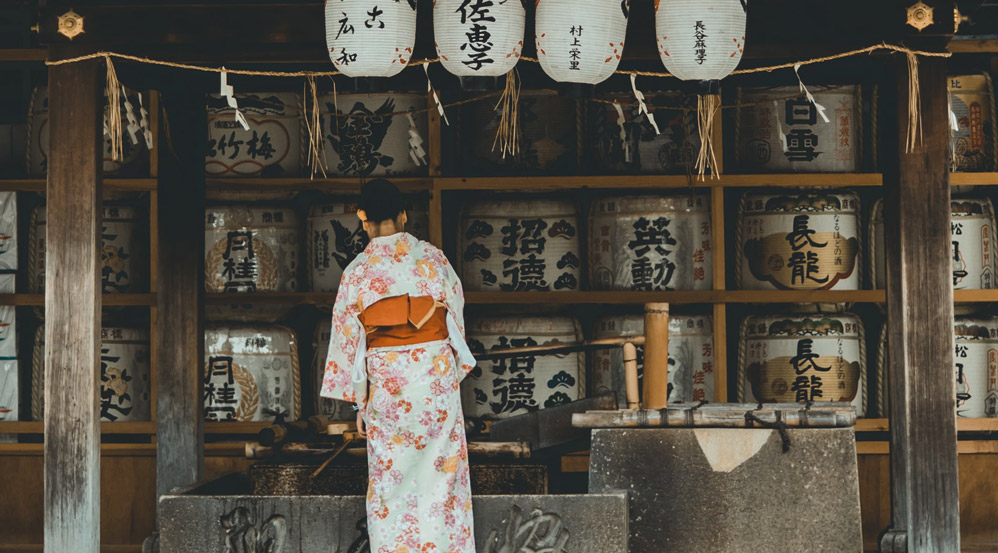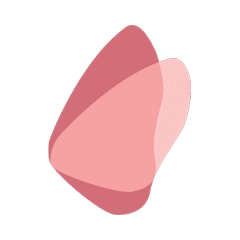Why we must think like the Japanese
- A modern society that is rooted in traditional philosophies, Japan looks into the future while borrowing generously from its past. We must too.

We’re a team that is unlearning modern-day, convenient living to…
One of the most fascinating cultures in the world, Japan is as advanced as it is old school, and straddles between the two worlds with ease. The timeless teachings of the Japanese way of life hold much relevance even today (if not more) and if internalized, can lead to a more sustainable and mindful world.

Wabi-Sabi – ‘flaws’ are perfect
Japanese tea ceremonies are best known to embody this philosophy when they serve tea in chipped cups or pour it out of a discolored pot. Wabi-Sabi is an ancient Japanese philosophy that embraces the imperfect and transient nature of life. Rooted in Buddhism, it encourages one to see beauty in the imperfect, incomplete and impermanent, thus making an object desirable long after it has lost its shine or colour. If you find yourself constantly replacing things in the house or discarding them despite their functionality, this philosophy is for you as it makes you cherish a crack or a chip as a symbol of its service. Spaces that embody Wabi-Sabi often showcase natural elements such as wood and stone with rough edges, asymmetrical designs etc.
Wabi-Sabi is an ancient Japanese philosophy that embraces the imperfect and transient nature of life

Mottainai – waste not
A favourite in the world of sustainability, ‘Mottainai’ translates into a sense of regret or concern when the intrinsic value of something is not appreciated or is wasted. In other words, it encourages one to refuse, reduce, reuse and recycle. The term was considered archaic even in Japan in the late 80s when the country saw a consumerist wave but has become more relevant than ever over the past two decades. After Kenyan environmentalist Wangari Maathai addressed the UN Commission holding a T-shirt emblazoned with ‘Mottainai’, the word once again gained prominence in Japan. The re-emergence of repair shops, recycling centres and waste-reducing mindset is often attributed to the reemergence of Mottainai spirit in Japan’s collective conscience in the early 2000s.
The re-emergence of repair shops and recycling centres is often attributed to the reemergence of Mottainai spirit in Japan’s collective conscience in the early 2000s

Minimalism – less is more
The sight of a closet with 4 shirts, 2 pairs of socks and 2 pairs of pants may be unnerving for some, but it is the exact thing that calms the nerves of a minimalist. Rooted in Zen Buddhism, minimalism views beauty in simplicity and considers an uncluttered closet as a metaphor for a fluid mind. A stark contrast to consumerist economies in the West, this is one of the defining philosophies of Japan. Imbibing it doesn’t necessarily mean stripping your home or space of things you love but only truly holding on to things that are a ‘need’ and not ‘want’.
Rooted in Zen Buddhism, minimalism views beauty in simplicity and considers an uncluttered closet as a metaphor for a fluid mind
Ethico India podcast link: https://open.spotify.com/show/0Vb9kpUhYRil8f3F7lhRhh
We’re a team that is unlearning modern-day, convenient living to be able to lead an environmentally ethical life, and in the process sharing our insights with our readers.







